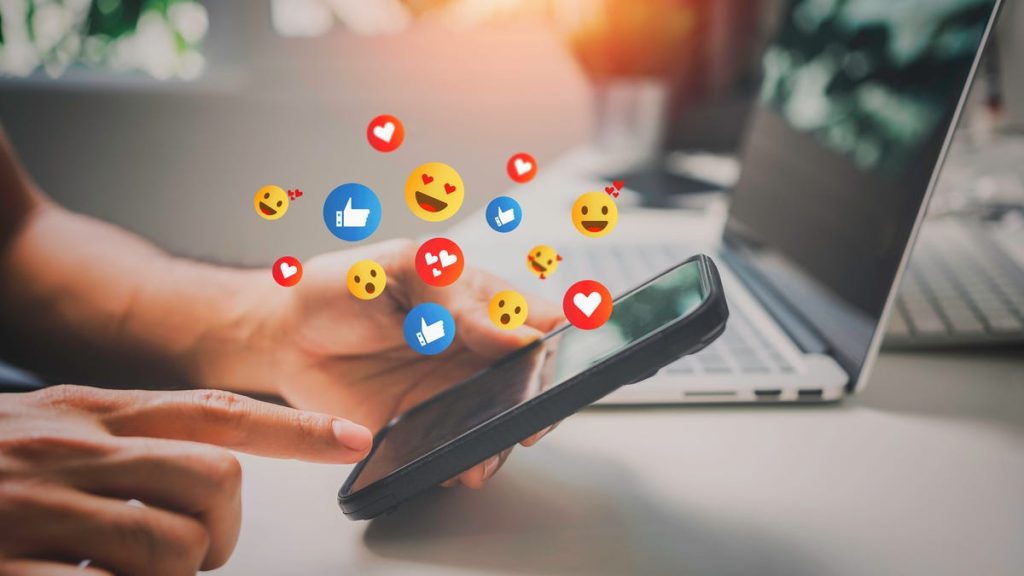Listen to the article
China Tightens Regulations on Social Media Influencers, Requiring Professional Credentials
China’s internet regulator has announced stricter enforcement of laws that will prohibit social media influencers from sharing advice on finance, medicine, law, and education unless they possess professional credentials in these fields.
The new regulations, unveiled Saturday by the Cyberspace Administration of China (CAC), will affect major Chinese social media platforms including Bilibili, Douyin (the Chinese version of TikTok), and Weibo. These platforms must now ensure compliance with the updated rules, which aim to combat the spread of misinformation in specialized fields.
Under the new guidelines, content creators will need to provide studies or research to support their information and must disclose whether they used artificial intelligence to generate any portion of their content. The measures represent China’s latest effort to regulate online information in a digital landscape increasingly dominated by influencer culture.
The CAC is also implementing a ban on advertisements for supplements and medical services, as well as posts that masquerade as educational content while actually promoting products. These regulations follow China’s recent two-month campaign targeting content deemed pessimistic, hostile, or violent.
While China has faced criticism for its attempts to control online content and public opinion, it is not alone in implementing regulations for social media influencers. Spain introduced its own influencer law earlier this year, requiring those earning over 300,000 euros to be transparent about brand partnerships and sponsorships. Spanish regulations also enforce copyright laws and restrict content targeting minors, particularly regarding tobacco, alcohol, and medications.
The need for such regulations gains context from a concerning UNESCO study, which found that only 36.9% of digital content creators verify information before sharing it with their audiences. This statistic becomes particularly troubling when considered alongside a 2025 Pew Research Center report indicating that one in five young American adults now receive their news primarily through TikTok.
“The proliferation of unverified information from influencers represents a growing challenge for information integrity worldwide,” said Dr. Emma Chen, a digital media researcher at Stanford University. “China’s approach, while more restrictive than Western models, addresses legitimate concerns about unqualified individuals providing specialized advice.”
The regulatory move comes amid growing global concern about the role social media plays in spreading misinformation. Public health officials worldwide struggled with addressing viral health misinformation during the COVID-19 pandemic, while financial regulators have increasingly scrutinized “finfluencers” offering investment advice without proper licensing.
Industry analysts suggest these regulations could significantly reshape China’s influencer economy, which has grown into a multi-billion dollar industry. Influencers specializing in financial advice, health tips, and educational content may need to pivot their business models or obtain formal qualifications to continue operating.
For Chinese platforms, the new rules add another layer of content moderation responsibility. Companies like ByteDance (owner of Douyin) and Weibo will need to develop verification systems to authenticate influencers’ professional credentials before allowing certain types of content.
While some critics view China’s regulations as overly restrictive, others note the global trend toward greater accountability in social media content, particularly in specialized fields where misinformation can have serious consequences for public health, financial wellbeing, and education.
As social media continues to evolve as a primary information source for younger generations worldwide, the tension between free expression and the need for accurate information in specialized fields remains a challenge for regulators, platforms, and content creators alike.
Fact Checker
Verify the accuracy of this article using The Disinformation Commission analysis and real-time sources.




14 Comments
While the new rules may face some backlash, I appreciate China taking proactive steps to combat the spread of potentially harmful misinformation on social media platforms.
This is an interesting move by China to combat misinformation on social media. Vetting credentials of influencers sharing specialized advice seems like a reasonable step to improve online content quality.
It will be important to ensure the regulations are enforced fairly and consistently across platforms.
I’m curious to see if this model of regulating influencers’ credentials and content could be adopted in other countries. Social media misinformation is a global challenge that needs thoughtful solutions.
It will be interesting to monitor how effective these measures are in practice and whether they can serve as a template for other nations.
I’m interested to see how the new requirements for content creators to provide studies and research to support their claims will impact the quality and credibility of online advice and information.
Requiring content creators to disclose AI-generated elements is a transparency measure I support. People deserve to know when AI is involved in the content they’re consuming.
Hopefully this sets a precedent for greater AI disclosure standards across social media platforms.
The ban on ads for supplements and medical services is a positive move to protect consumers. Too often, influencers promote unproven or questionable products without proper disclosures.
I’m curious to see how this will impact the influencer economy in China. While controlling misinformation is important, some may view this as overregulation stifling free expression online.
It will be worth monitoring whether this leads to a shift in content creation and consumption habits on Chinese social media.
These regulations seem like a reasonable attempt to balance the benefits of social media influencers with the need to ensure the accuracy and reliability of the information they share.
It will be worth observing whether the rules achieve the desired results or have any unintended consequences.
While these regulations may face some pushback, I think the overall goal of improving information quality on social media is important, especially for sensitive topics like finance and healthcare.